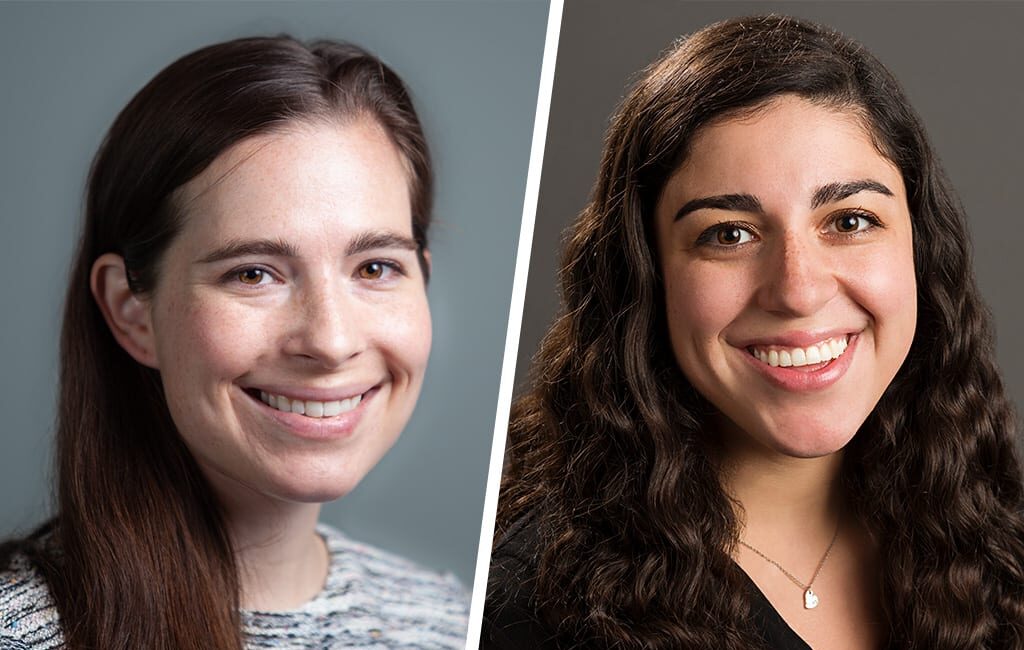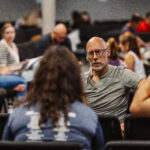Richter: For one, it’s for this to be the start of having an integrated learning space, which would bring together offices and apartments and learning spaces so that students have the opportunity to not just see the learning that happens in the classroom…but that we would bring learning outside of the classroom and life into the classroom. We’re excited to see Grace become more diverse and more globally-minded.
Wilhite: One big goal for all of Grace is promoting issues of diversity, equity, and inclusion. We’re trying to hire an associate dean for that purpose – to serve underrepresented groups and minorities and even international students. Our vision for the Institute is to help in this big vision that Grace – and institutions all over the country – is working towards. We want to facilitate that in any way that we can by hosting events, having lectures, or even being a safe space where people can talk.
Richter: We hope that students from all different majors and backgrounds would be excited to come in. We really want to have events that are focused on business and missions – even connecting students with internships overseas. We want to see students who are going into different kinds of careers coming together and having good conversations that go across the disciplines. It can take the form of social and informal events, just for getting to know some international students or trying some international food, as well as having lectures and cultural workshops that would allow students to enhance their ability to communicate across cultural divides. We’re going to have two professors visiting from Karoli Gaspar this spring. And we expect to have some lectures and workshops with them that will be open to any student. You don’t have to be a specific major to come in and participate in the events we’re doing.




